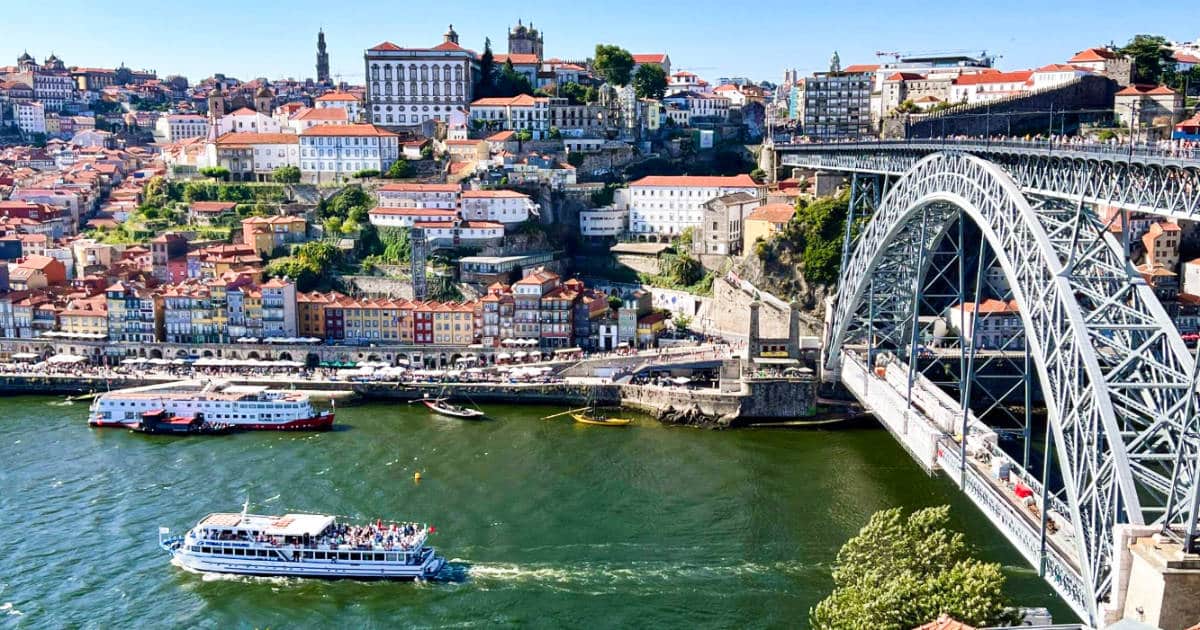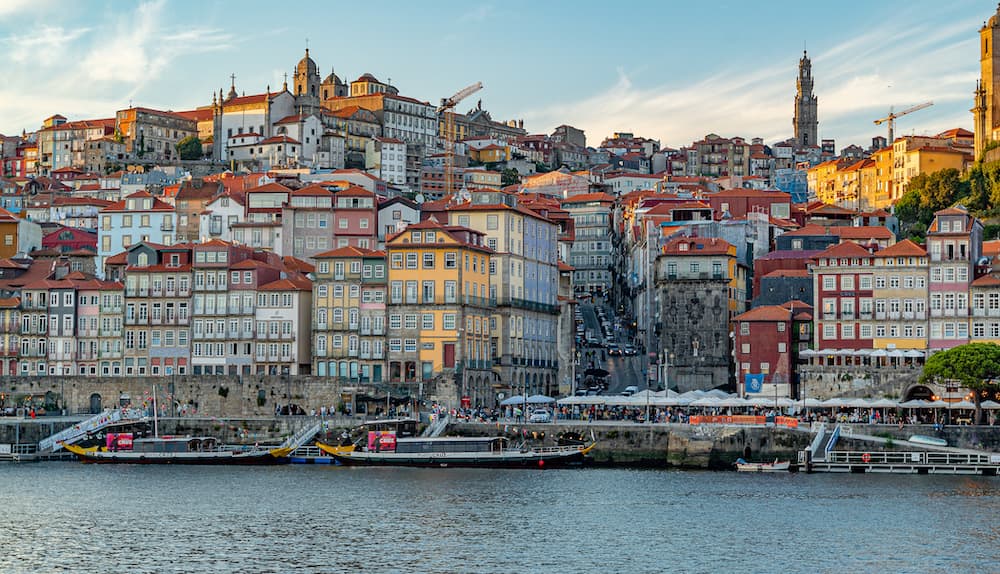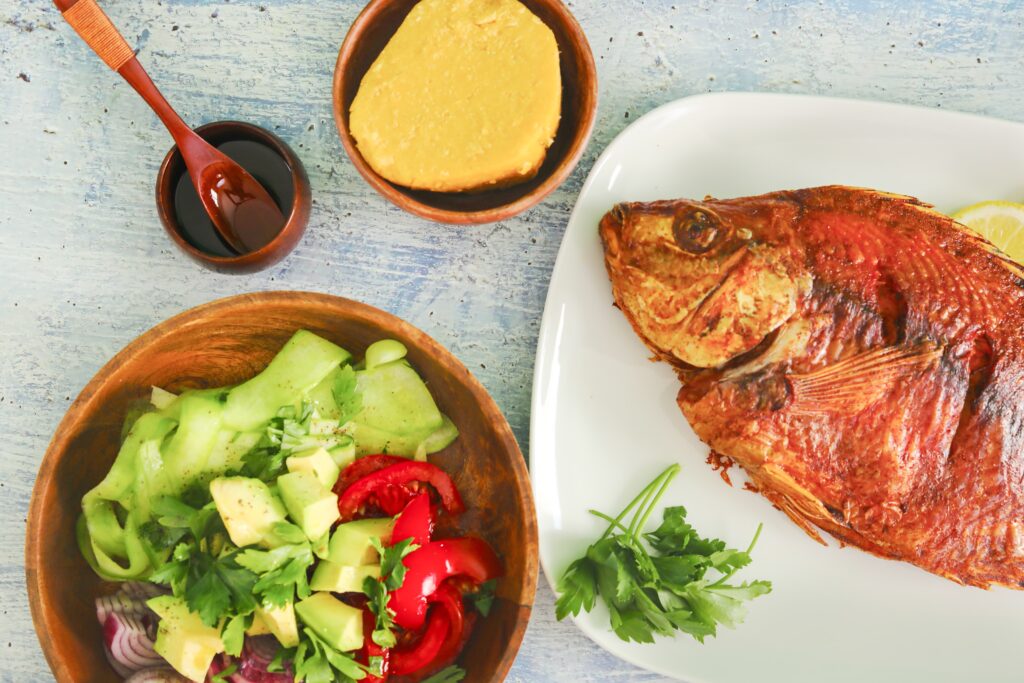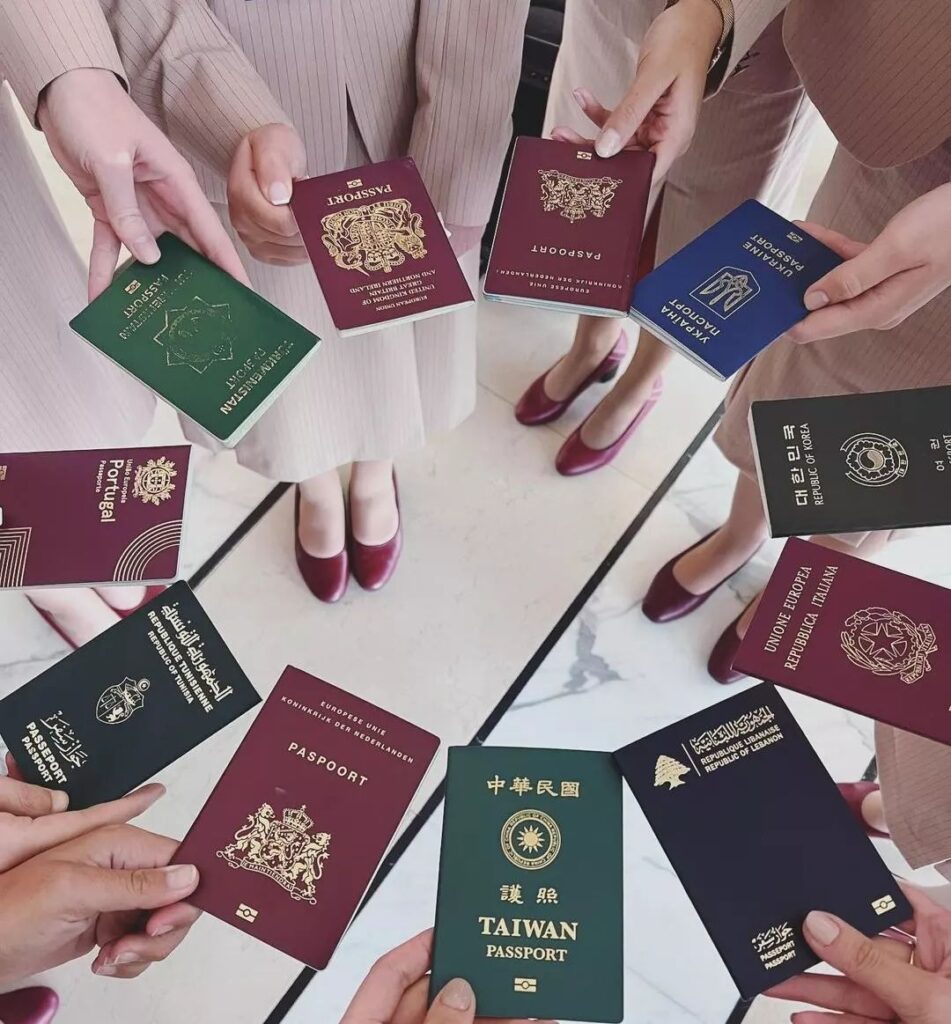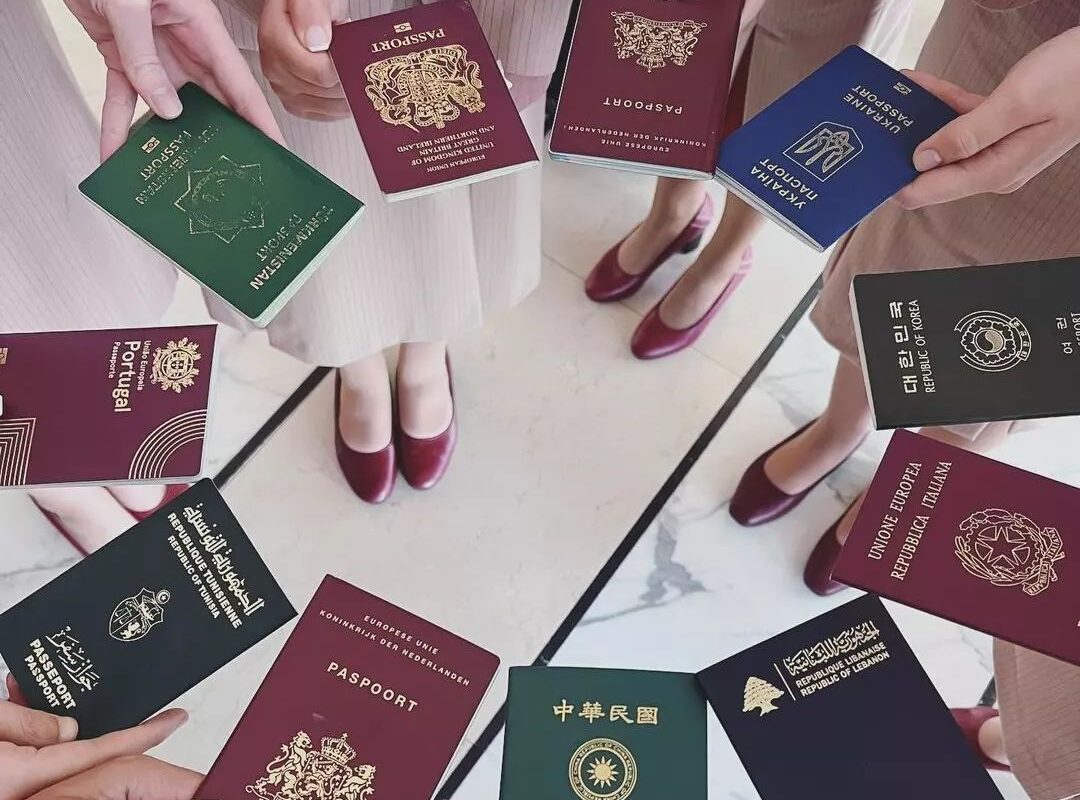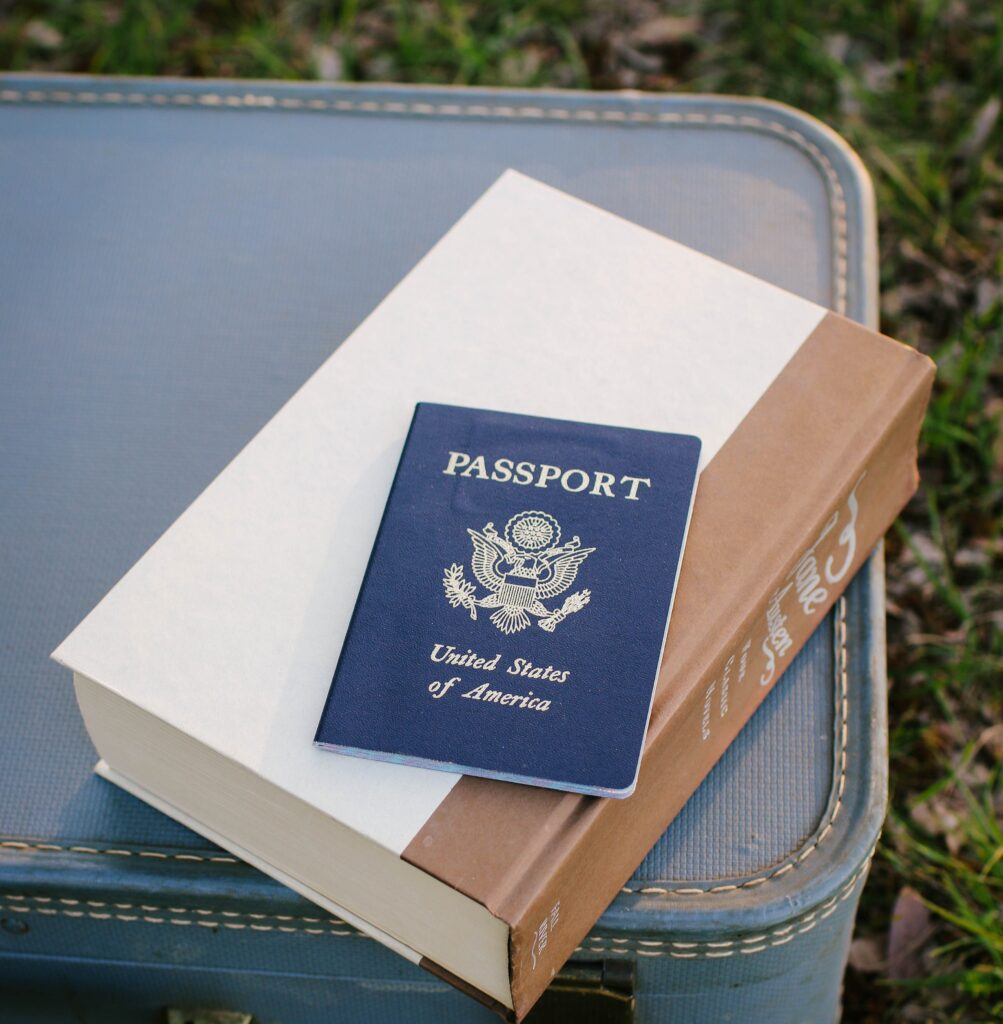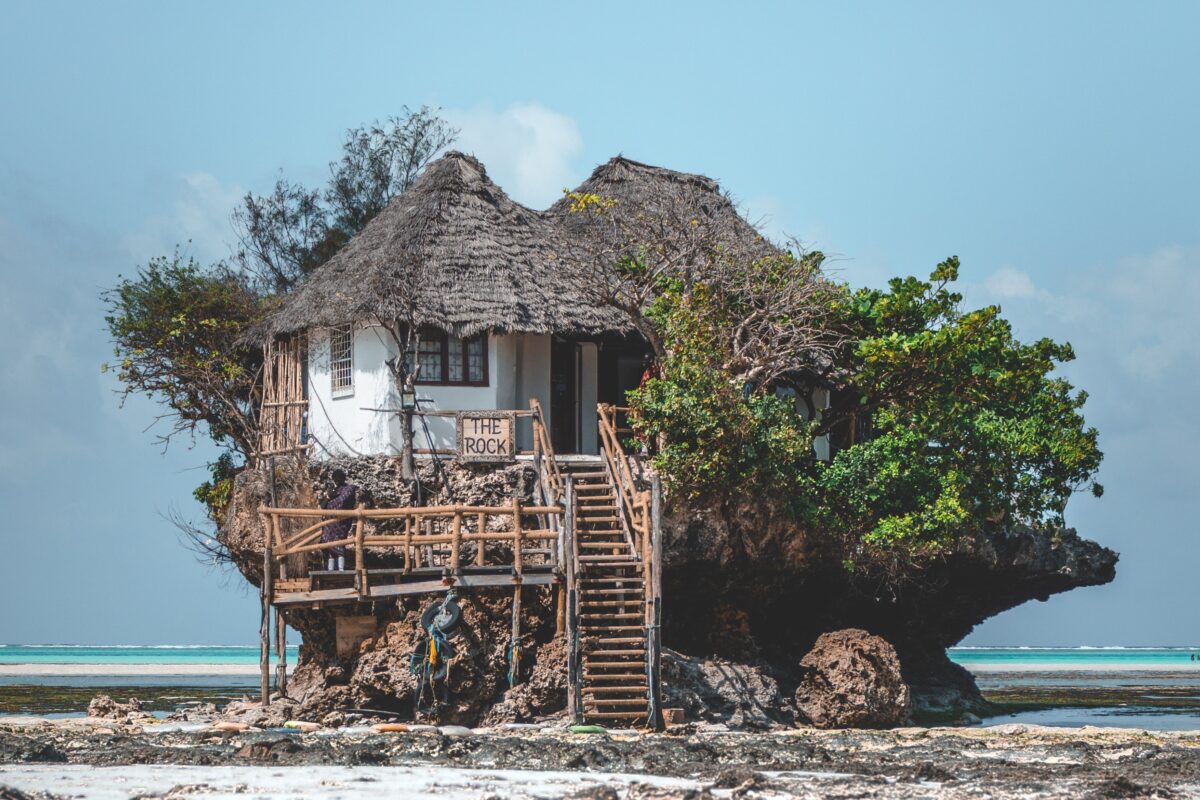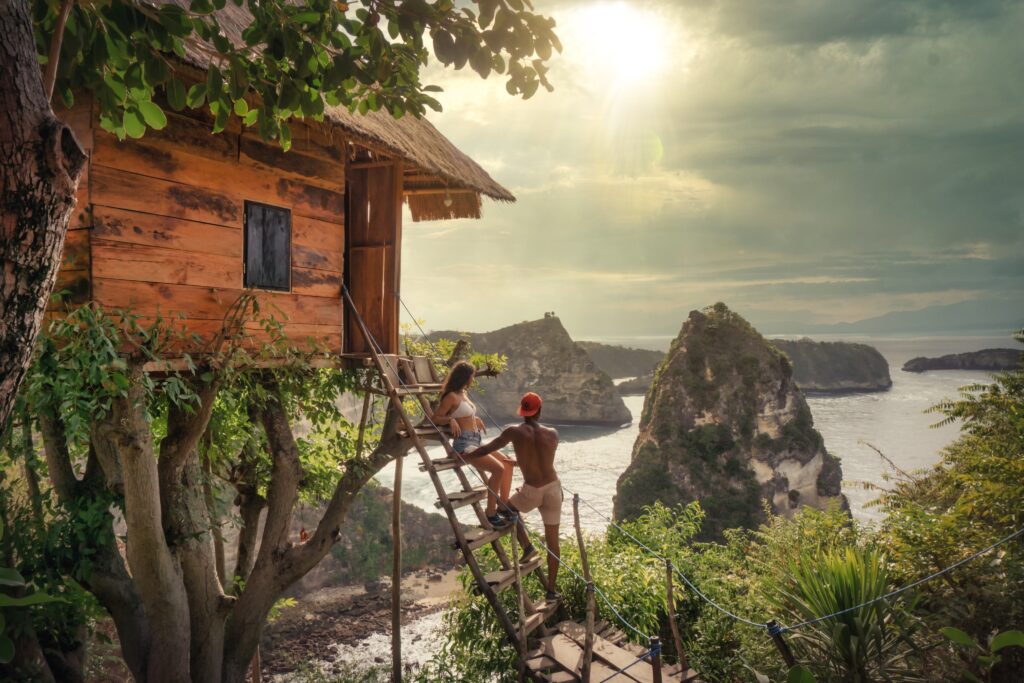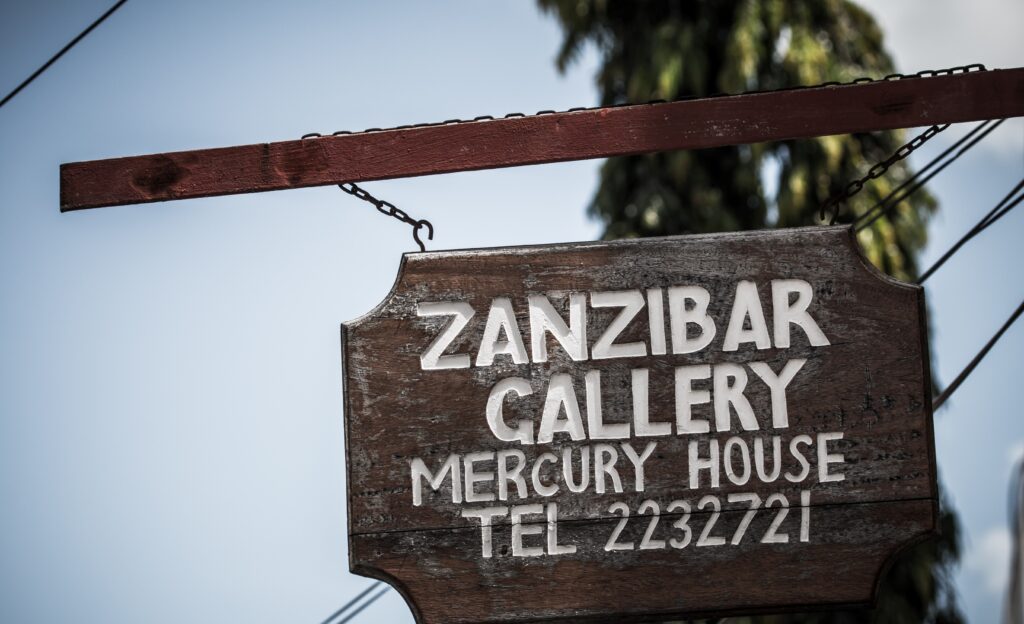Do you have aspirations of traveling abroad on an exhilarating adventure? There are many things to think about when organizing a vacation overseas, but having the money you need is one of the most important ones. Many nations demand financial documents called proof of funds from visitors as proof that they can pay for their expenses while they are there.
What is Proof of Funds?
A paper or group of documents serving as proof of finances shows that you have the means to pay for your trip and accommodations while abroad. It demonstrates that you have the resources necessary to pay for your lodging, travel, meals, and other necessary costs during your vacation. This documentation is frequently demanded by immigration authorities, consulates, or visa offices to make sure that visitors won’t put a strain on the host nation’s resources.
Why is Proof of Funds Required?
For a variety of reasons, proof of funds is a standard requirement. First off, it guarantees that visitors can sustain themselves financially and won’t partake in unlawful activities while in the host nation, including looking for work or turning to public assistance. Second, it aids officials in determining whether you are a legitimate tourist or prospective immigrant. They will have more faith that you intend to return to your native country following your vacation if you can prove your financial stability. Finally, it makes sure you have the resources to deal with any unforeseen costs or situations that might occur while you’re away.
Types of Proof of Funds
The specific documentation required for proof of funds may vary depending on the country you plan to visit and the purpose of your trip. However, some common forms of proof of funds include:
- Bank Statements: Providing recent bank statements that demonstrate a consistent balance can be a reliable way to prove your financial capability. It is advisable to show statements from the past three to six months, highlighting your ability to cover your expenses.
- Savings Account Statements: If you maintain a separate savings account, including statements that exhibit a healthy balance can strengthen your proof of funds.
- Fixed Deposits or Certificates of Deposit: Documentation showing investments in fixed deposits or certificates of deposit can display long-term financial stability.
- Income Proof: Presenting recent pay stubs, employment letters, or income tax returns can serve as proof of your regular income, which indicates your ability to fund your trip.
- Sponsorship Letters: If someone else will be funding your travel, a sponsorship letter stating their commitment to support your trip financially can be submitted alongside their proof of funds.
By providing valid proof of funds, you not only ensure a smoother immigration process but also enjoy the peace of mind that comes with having sufficient resources to support yourself. Visit travel expore at www.travelexpore.com for your bookings.


